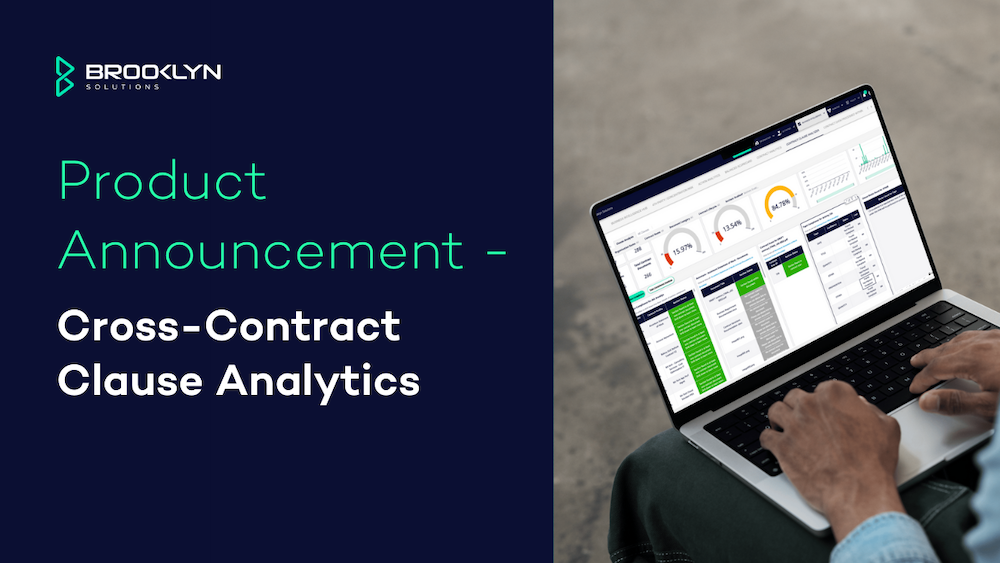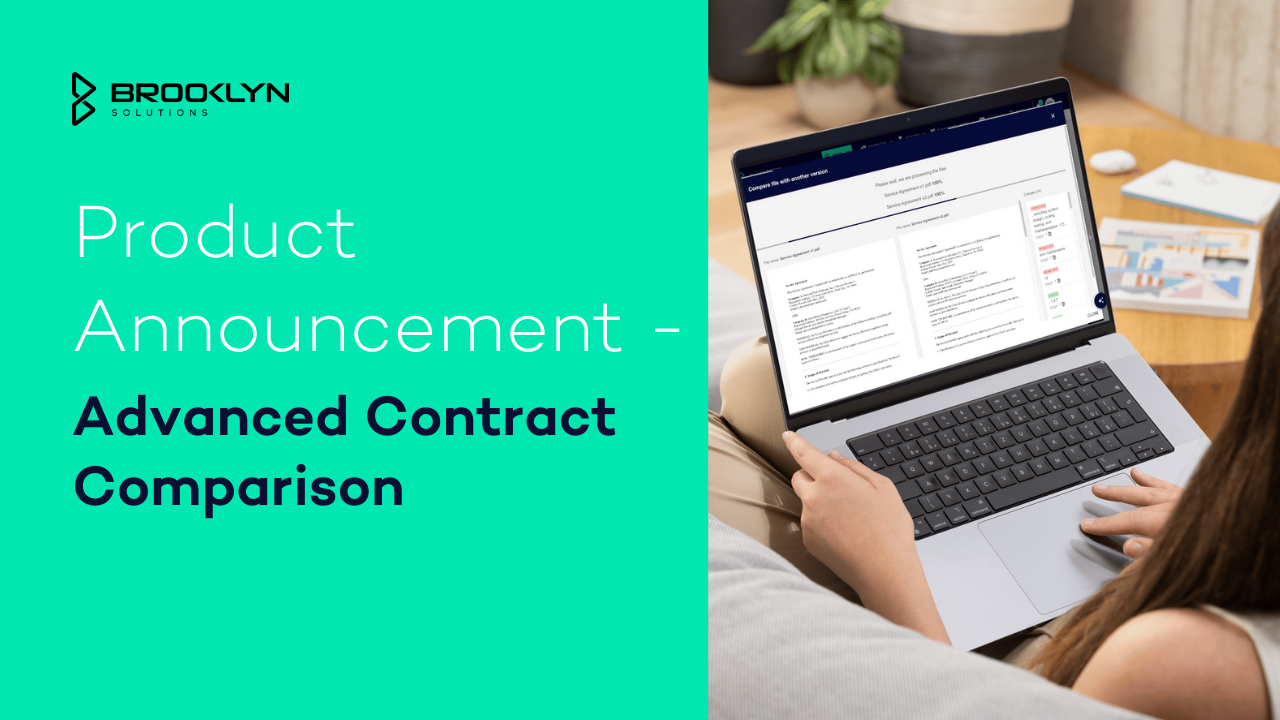If part of your organisation’s supply chain relies on external suppliers for business success, there’s a high likelihood that you are already aware of the importance of meeting your suppliers for performance reviews. These meetings provide you with the opportunity to ensure business alignment and address any issues in the supplier’s recent performance. Outcomes of these meetings include enhanced customer-supplier relationships, as well as increasing the chance for negotiations that benefit both parties.
With our expert experience in enabling companies to efficiently review their supplier’s performance and conduct thorough risk management, we have gained quite a few insights along the way. We have previously discussed how often you should meet with your suppliers, but in this article, we disclose our top tips on how to best prepare for your meetings in advance. If your current method of preparation only involves bringing along the last meeting’s minutes and sending a last-minute agenda, you are already facing the consequence of an inefficient meeting that only takes place to simply check a box.
1. Know more about your supplier than they know about you
Typically, a vendor is likely to do more research on the customer than the customer does on them. This is generally because they are the ones selling a product and want to know any pain points of the customer in advance to prepare a sales pitch and defend their service.
However, as a customer, knowing as much as possible about your supplier will ensure that you are in the best position to negotiate terms based on their recent performance, using data is making fact-based decisions for the organisation. Additional to this, you will be able to identify signs of financial stress and concentrated risk, which you can then address head-on in your meeting before the issue crystalises (your vendor will also appreciate this if they had not themselves seen the risk approaching).
The most important information to have at hand when going into the meeting includes up-to-date Key Performance Indicators (KPIs), risks, and contractual obligations. Preparing this data is a simple and quick task if you already have a Supplier Performance system in place, as you would only have to run a report of your latest dashboard. If you do not already have a system as such, you will have to set aside time to manually sort through supplier data and contract information.
2. Send an agenda in advance
Procurement professionals have to uphold a standard of thorough and organised business. A successful meeting will have a strong and informed agenda set before the meeting that sets out to enforce the contract and ensure that both parties are held accountable. The agenda structures and defines the meeting objectives, setting out the meeting purpose and who is expected to attend. Sending a clearly defined agenda to the supplier ahead of the meeting will not only set expectations but also show the vendor that you value their time and that you are a serious customer.
Tip: Use your Vendor Performance Report to inform the structure of your agenda and which items should be addressed first in order of priority
3. Prepare your questions
Prior to the meeting, prepare a list of open-ended questions to ask your vendor based on their performance and business needs. You must remember that a relationship goes two ways, where commitment should be expected to a certain extent from both sides of the table. You should seek to understand how your vendor runs their business day-to-day, and from their perspective, whether they believe they are meeting their contractual obligations to you as a customer. This is also the chance to ask if they are aware of their compliance with industry standards and governance. It is also essential to see how they rate you as a customer and your relationship as this allows the supplier to feel comfortable with an open exchange of information, whether it be positive or negative. Providing them with a chance to explain any shortcomings will create an environment of transparent communication, where you can then collaboratively work on finding a solution. Cooperation between customer and supplier opens the opportunity for developing innovative solutions and generating value, which will in the long run improve service levels and mitigate future risks, improving the resilience of the supply chain. After all, vendor management should prioritise building long-term relationships with vendors, which requires trust and candid honesty.
All your vendors’ key data on a single pane of glass
If you’re approaching your next meeting with a key supplier and want a fast and effective method of gathering your vendors’ key insights – you’ll be interested in Brooklyn’s Vendor Data Hub, an intuitive and customisable dashboard including your vendor’s most relevant data according to your function. Preparing for your next supplier meeting will become as easy as downloading a ready-made report so that you save time on manual tasks freeing you to initiate innovation and execute strategic actions. Request a demo or get in touch:
+44 (0) 207 101 4911 | info@brooklynva.com | LinkedIn



